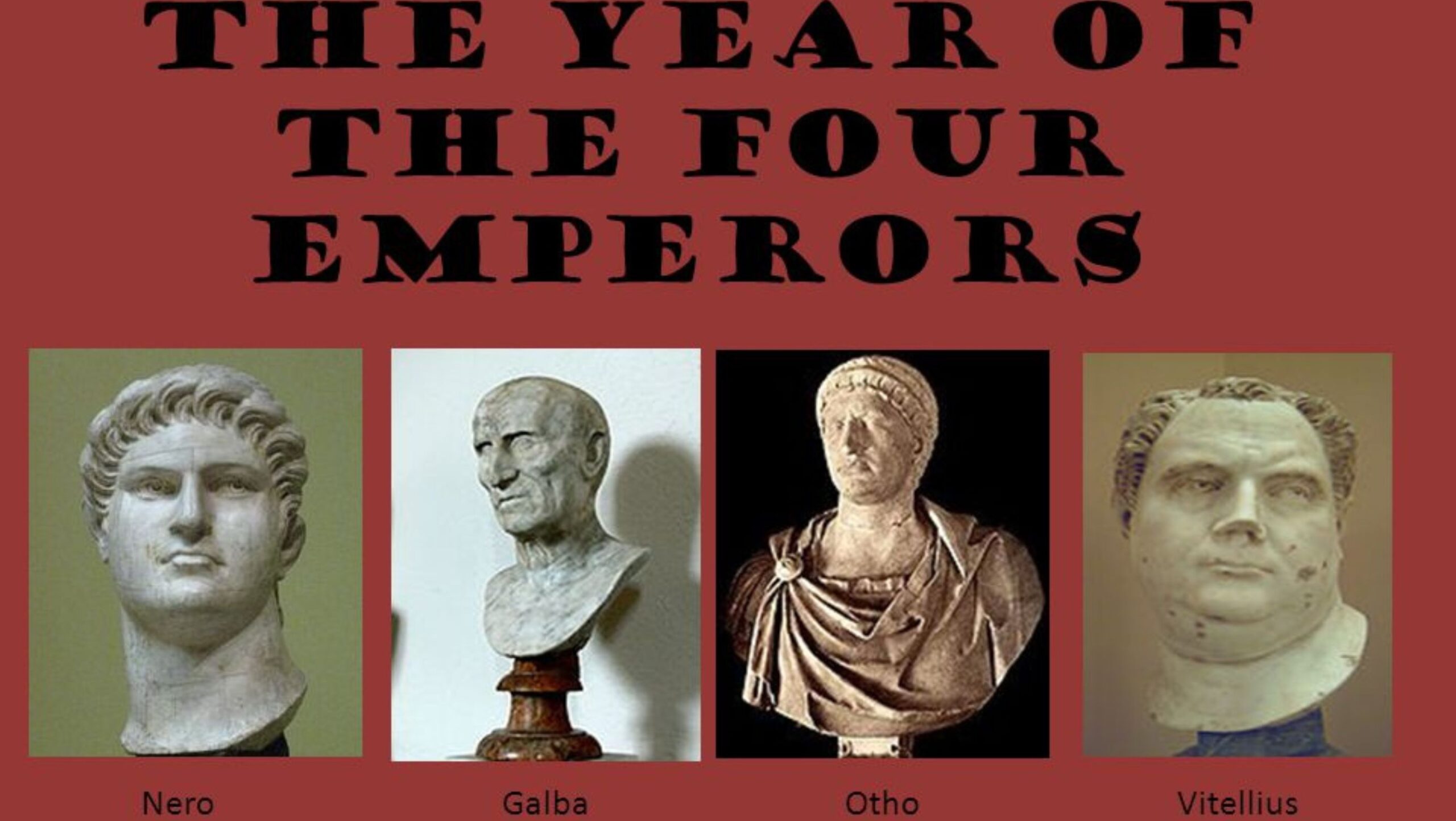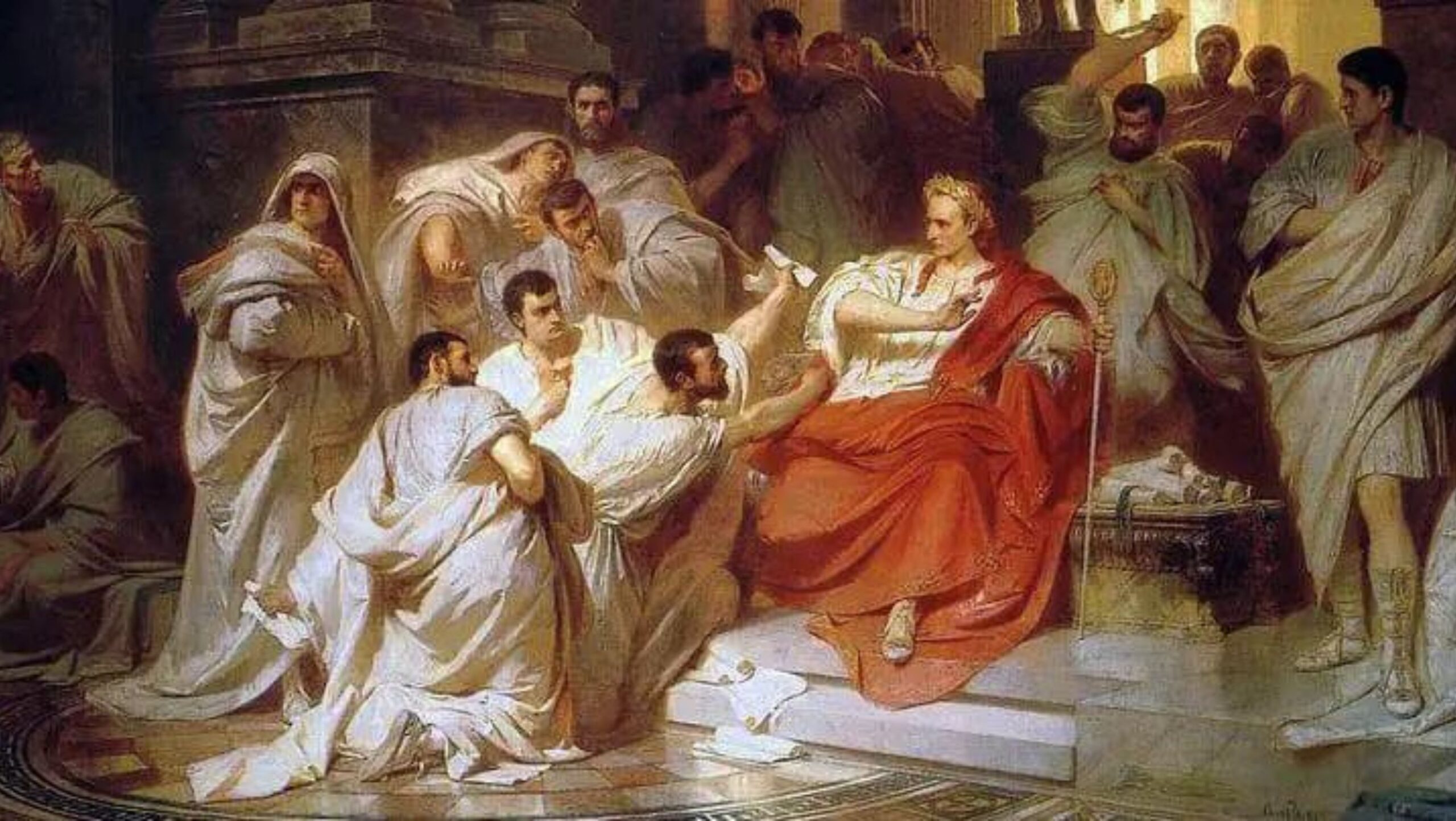Born into a family of modest means, Vespasian’s journey to becoming one of Rome’s most respected emperors is nothing short of remarkable. His story is one of determination, military prowess, and political savvy. In a time of chaos and uncertainty, Vespasian emerged as a beacon of hope, restoring order to an empire on the brink of collapse.
So, how did this humble man reach towering heights of success? Check out the remarkable rise of Vespian: from humble roots to emperor journey!
Table of Contents:
- Early Life and Rise to Power
- The Year of the Four Emperors
- Vespasian’s Reign as Emperor
- Military Campaigns and Expansion
- Death and Succession
- Conclusion
Early Life and Rise to Power: Vespasian
Vespasian’s early life was shaped by his humble origins. Born into a family of modest means, his father, Flavius Sabinus, worked as a tax collector. His mother, Vespasia Polla, had a brother who reached the rank of senator.
Despite his background, he embarked on a path of public service that would eventually lead him to the highest office in the Roman Empire. He began his military career serving in Thrace and later as a quaestor in Crete.
Family Background
Vespasian’s older brother, Flavius Sabinus, initially overshadowed him. Sabinus held an important command on the Danube around 48 AD and served as prefect of Rome under Emperor Nero for many years.
However, Vespasian’s career was not hindered. He achieved the praetorship, the minimum age for the position, in 39 AD, the same year his elder son Titus was born.
Military Service: Vespasian
Vespasian’s military service took him to various parts of the empire. He served in Thrace, commanded a legion in the invasion of Britain in 43 AD, and later led campaigns in Judaea.
In Britain, he distinguished himself in the conquest of the southwest, capturing more than 20 oppida (fortified settlements). His success earned him triumphal honors and appointments to two priesthoods.
Political Career
Vespasian’s political career advanced when he became consul in 51 AD. He later served as proconsul of Africa province in 63-64 AD, where his financial rigor made him unpopular.
In 66 AD, he accompanied Emperor Nero to Greece. Despite falling asleep during Nero’s artistic performance, he was appointed to lead the campaign against the Jewish rebellion in Judaea in early 67 AD.
As a commander in Judaea, he was seen as a “safe man” – a competent general from a humble background who was unlikely to challenge Nero. He conducted successful campaigns in 67 and 68 AD, winning most of Judaea except Jerusalem.
However, when Nero died in June 68 AD, he halted military operations. The empire was chaotic, and the stage was set for Vespasian’s bid for power. The historian Suetonius records that Vespasian was eventually proclaimed emperor by the legions in Egypt and Judaea.
The Year of the Four Emperors: Vespasian
The year 69 AD was a turbulent period in Roman history, known as the Year of the Four Emperors. The suicide of Emperor Nero in 68 AD plunged the empire into a destructive civil war, as rival claimants vied for the imperial throne.
Galba’s Reign and Murder
Galba, a respected elder statesman, succeeded Nero but quickly faced opposition. His attempts to restore discipline and crack down on Nero’s excesses alienated many.
On January 15, 69 AD, the Praetorian Guard declared for Otho and murdered Galba in the Roman Forum. Galba’s murder set the stage for further upheaval.
Otho and Vitellius: Vespasian
Otho, the former governor of Lusitania, reigned for a mere three months before his forces were defeated by the armies of Vitellius, the governor of Germania Inferior, at the First Battle of Bedriacum.
Vitellius entered Rome in July, but his claim was challenged by legions in the eastern provinces, who declared for him. He had ceased campaigning against the Jewish rebellion after Nero’s death and now saw an opportunity.
Vespasian’s Allies
Key allies rallied to his cause. The governor of Syria, Gaius Licinius Mucianus, and the prefect of Egypt, Tiberius Julius Alexander, threw their support behind him.
Vespasian’s forces, led by Marcus Antonius Primus, invaded Italy and defeated the Vitellian army at the Second Battle of Bedriacum. Vitellius was killed, and he secured his position as emperor.
However, the victory was not without loss. His brother Sabinus, who had been persuaded to occupy the Capitoline Hill, was executed by Vitellius’ troops before Antonius Primus could arrive to prevent it.
Vespasian’s Reign as Emperor: Vespasian

As emperor, he had to restore stability to an empire rocked by civil war. He proved to be an able administrator, implementing reforms that laid the foundation for the Flavian dynasty.
Restoring Stability
One of Vespasian’s first acts was to disband the Praetorian Guard, replacing them with men loyal to him. He also granted Latin rights to all of Hispania, expanding Roman citizenship.
Vespasian’s reign brought a welcome period of peace after the turmoil of the Year of the Four Emperors. His down-to-earth style and aversion to pomp endeared him to the people.
Economic Reforms: Vespasian
To restore the empire’s finances, he enacted several fiscal reforms. He raised taxes, revoked tax exemptions, and created new taxes on items like public urinals.
While sometimes unpopular, these measures were necessary to refill the depleted imperial treasury. He famously declared that “money has no odor” when criticized for the urinal tax.
Building Projects
Vespasian launched a vast Roman building program, including the iconic Flavian Amphitheatre, better known as the Colosseum. Other projects included the Temple of Peace and the restoration of the Temple of Jupiter on the Capitoline Hill.
These projects not only beautified Rome but also provided employment and helped stimulate the economy. The Colosseum, in particular, stood as a symbol of Vespasian’s reign.
Family Life
Vespasian was married to Flavia Domitilla, with whom he had three children: Titus, Domitian, and Domitilla. Sadly, his wife passed away before he became emperor.
After her death, he took a mistress named Caenis, a freedwoman who had been secretary to his mother. Their relationship was an open secret, and Caenis wielded significant influence at court.
His sons, Titus and Domitian, would both go on to succeed him as emperors. Titus had a particularly close relationship with his father, serving as his right-hand man during the Jewish War.
Military Campaigns and Expansion: Vespasian
Vespasian’s reign saw the expansion of the Roman Empire through military campaigns, most notably the ongoing Jewish rebellion in Judaea.
In 70 AD, He appointed his elder son Titus to lead the war effort. Titus surrounded Jerusalem and began a prolonged siege of the city. In the summer of 70 AD, the Romans breached the walls and destroyed the Second Temple, effectively ending organized Jewish resistance.
The victory in Judaea was celebrated with the construction of the Arch of Titus in Rome, which depicts the spoils taken from the Temple in Jerusalem. The conquest solidified Flavian rule and demonstrated Rome’s military might.
Death and Succession: Vespasian
Vespasian died on June 23, 79 AD, at his villa in the Sabine hills. According to the historian Suetonius, his last words were: “I think I’m becoming a god.”
True to his irreverent humor, he mocked the idea of his own divinity even as he lay on his deathbed. He died as he had lived – with a wry wit and a no-nonsense attitude.
He was succeeded by his eldest son Titus, who had long been groomed for the role. Titus ruled for just two years before his own death in 81 AD. He was then succeeded by his younger brother Domitian.
The Flavian dynasty, begun by Vespasian, would rule the Roman Empire until 96 AD. Vespasian’s legacy was one of stability, prosperity, and the expansion of Roman rule. He had risen from humble origins to become one of Rome’s most effective emperors, steering the ship of state through troubled waters and leaving an enduring mark on history.
Key Takeaway: Vespasian
Vespasian rose from humble beginnings to become a powerful Roman emperor. He built his career through military service and strategic political moves, ultimately securing the throne during the chaotic Year of the Four Emperors.
Conclusion: Vespasian
Vespasian’s legacy endures as a testament to the power of perseverance and strong leadership. From his humble beginnings to his triumphant reign, he demonstrated that with determination and vision, even the most daunting challenges can be overcome.
Through his military victories, economic reforms, and ambitious building projects, he left an indelible mark on the Roman Empire. He showed that a leader’s true strength lies not in their origins, but in their actions and the lives they touch.
So let us remember him not just as a great emperor, but as a shining example of what can be achieved when we dare to dream big and never lose sight of our goals. His story inspires us to embrace our own journeys, no matter where they may lead.

